Challenging Orthodoxy: Scriptural Witnesses Against the Trinity Doctrine
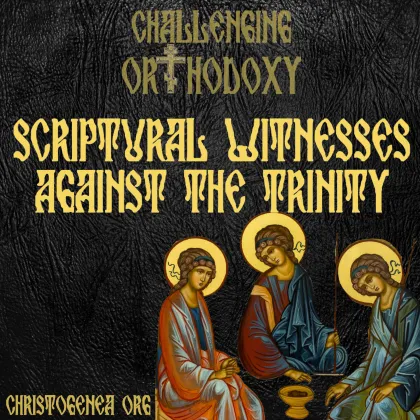
Challenging Orthodoxy: Scriptural Witnesses Against the Trinity Doctrine
Before I begin, I must repeat something I have stated very frequently over the past few decades, which is that no part of Scripture is a lie. One verse of Scripture does not disprove another verse. If there is a perceived conflict, sometimes it is a corrupt text, which, on occasion, can be rectified by examining ancient manuscripts. Sometimes it is merely a poor translation which is more easily corrected upon examining the original languages. Sometimes it is a poor understanding of the context in which . But much more frequently than any of these, is a poor understanding on the part of the reader, and a lack of knowledge which is rectified only through further study. Therefore all of the “gotcha” verses which a scoffer may pull out of his pocket to refute our claims here this evening, do not prove what the scoffers think they prove.
Yes, Christ, the man, often prayed to God the Father, and often spoke of God the Father, from the perspective of a man. But that which He had done, He did as an example to men. When He washed the feet of His disciples, He said, as it is recorded in John chapter 13: “15 For I have given you an example, that ye should do as I have done to you.” Then, in 1 Peter chapter 1 we read: “21 For even hereunto were ye called: because Christ also suffered for us, leaving us an example, that ye should follow his steps: 22 Who did no sin, neither was guile found in his mouth: 23 Who, when he was reviled, reviled not again; when he suffered, he threatened not; but committed himself to him that judgeth righteously”, so that likewise, we would strive to live as He had lived, without sin and committing ourselves to His judgment. For that reason, to serve as an example for men, during His earthly ministry He behaved just as a man should behave, and not as God. After His resurrection, he was recognized as God. Yahshua Christ did not become a god, but rather, He is God who became a man, and His Resurrection proved that He is God. When the apostle Thomas had realized that it was Christ who was resurrected from the dead, he responded by declaring “My Lord and my God!” The prophet Isaiah was read in the synagogues, Christ Himself read from Isaiah and declared one Messianic prophecy to have been fulfilled in Himself, so men knew the other prophecies concerning their promised Redeemer, and they understood that those prophecies were fulfilled in Christ.

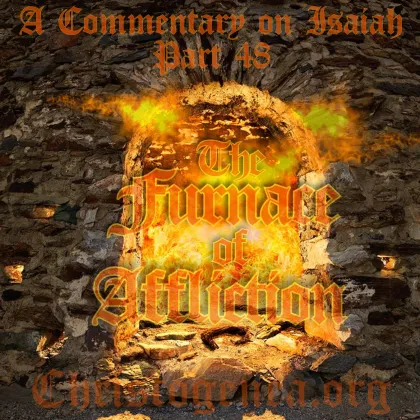
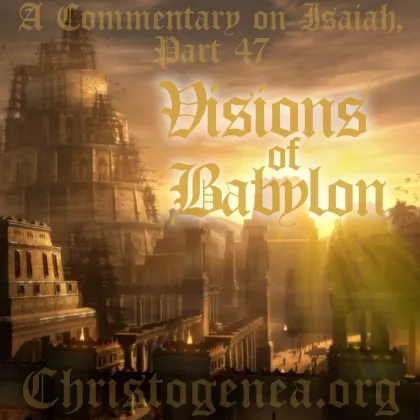
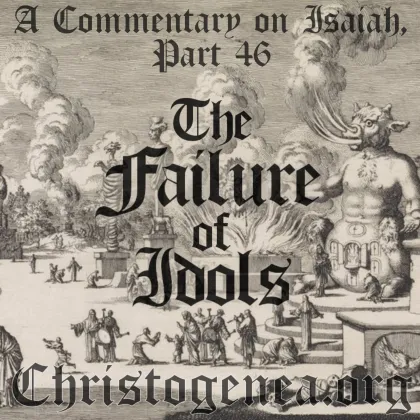
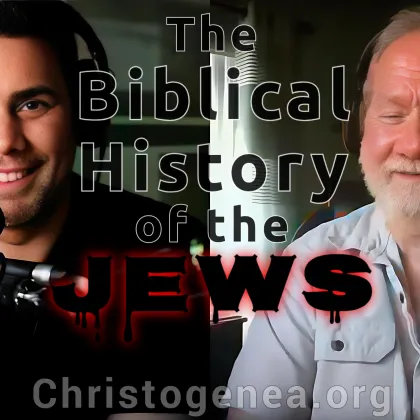
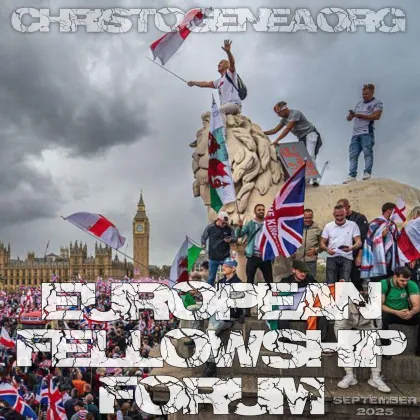

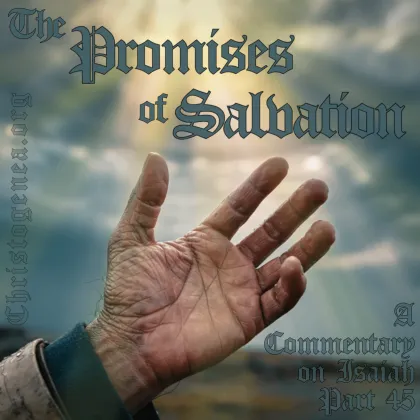
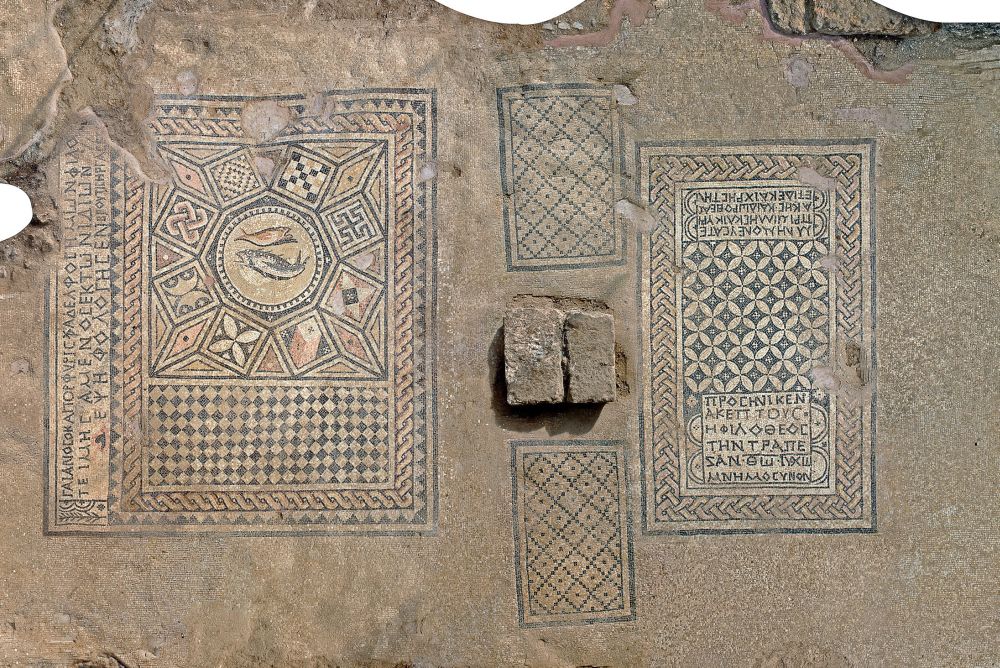
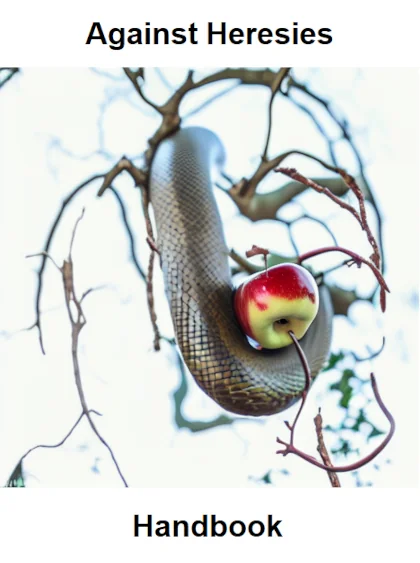
 These past few years, and the past few months especially, Christogenea has been cut off from most of its sources of funding.
These past few years, and the past few months especially, Christogenea has been cut off from most of its sources of funding. 
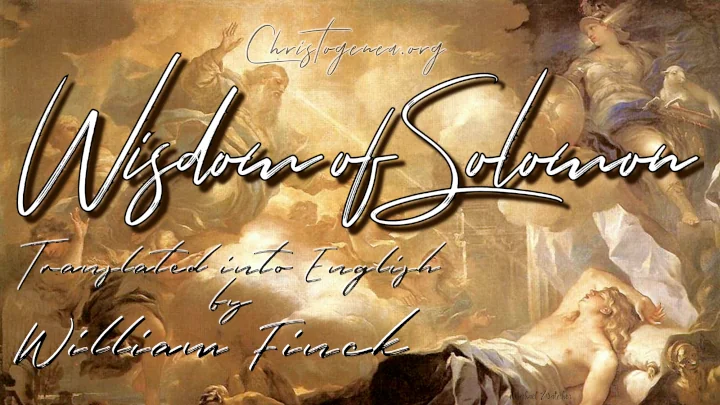

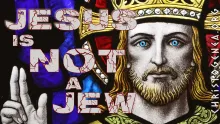




 Please click here for our mailing list sign-up page.
Please click here for our mailing list sign-up page.








Commentaries and Podcasts